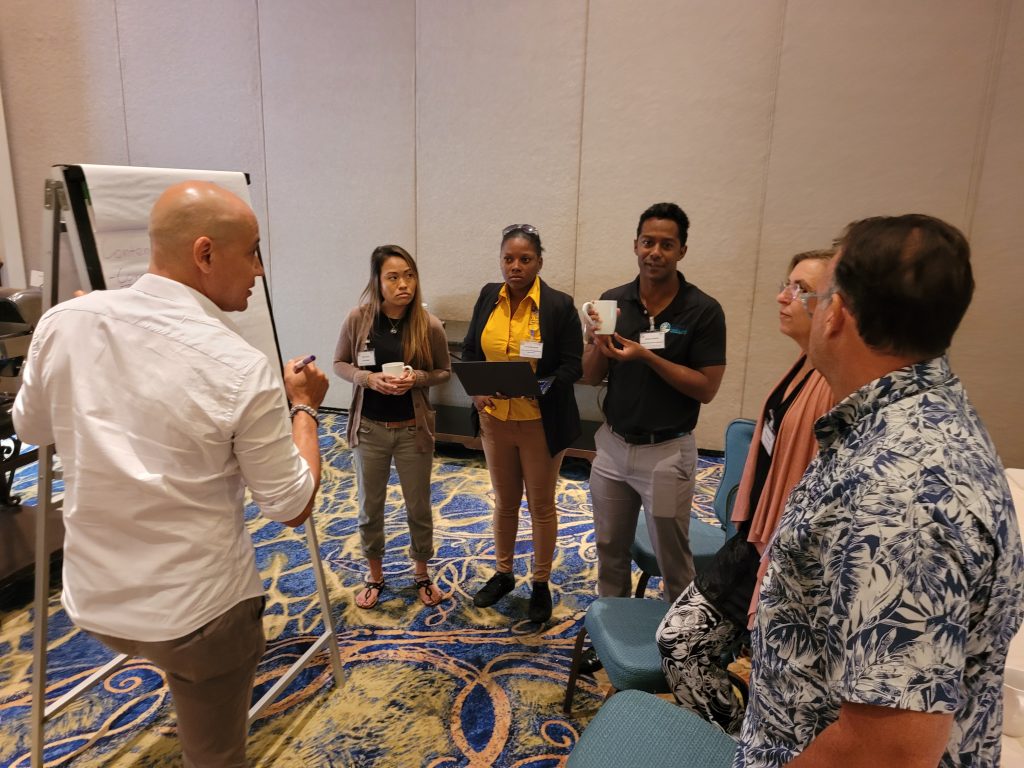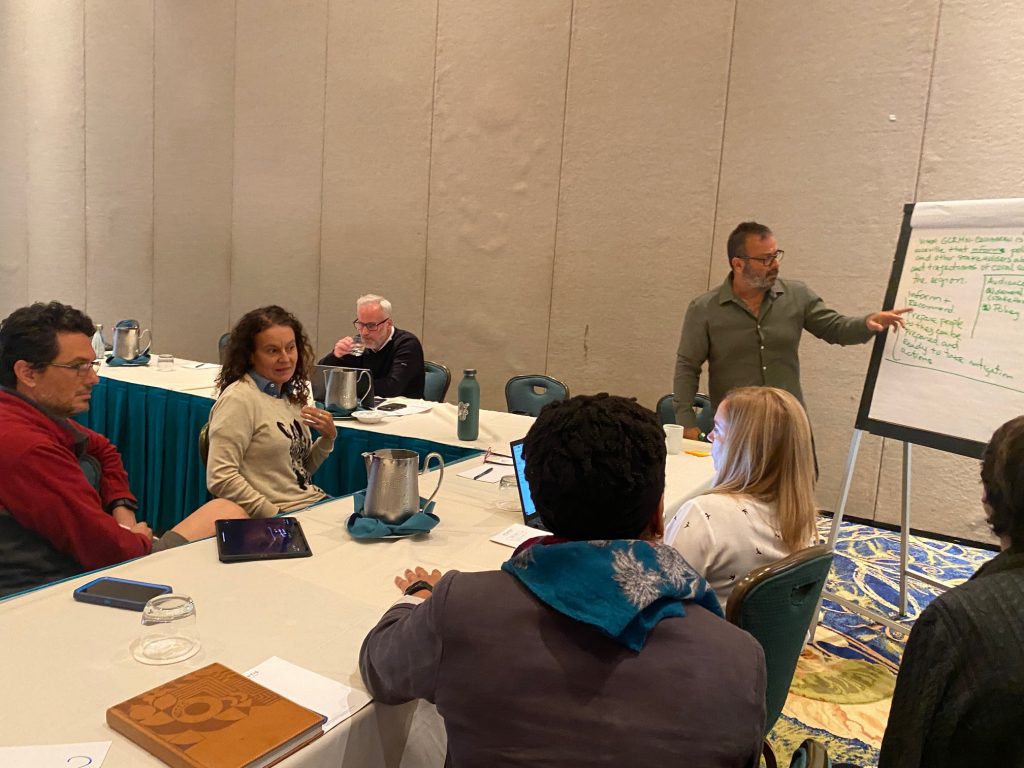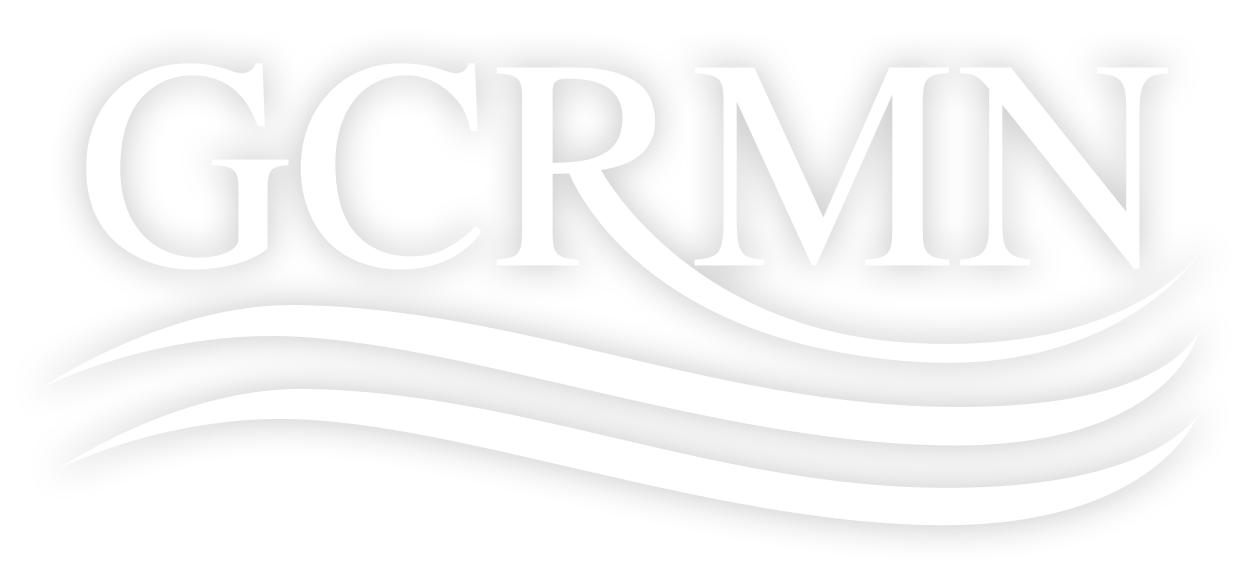The GCRMN Caribbean node coordinators are currently defining a roadmap to produce a new “Status and Trends of Caribbean Coral Reefs” report, nearly 10 years after the release of the previous regional report (Status and Trends of Caribbean Coral Reefs: 1970-2012). In this context, the Regional Activity Center for Specially Protected Areas and Wildlife of the Caribbean (SPAW-RAC) convened its Steering Committee members at the occasion of the 76th annual meeting of the Gulf and Caribbean Fisheries Institute (GCFI 76) on November 5th, 2023, in Nassau, The Bahamas. The GCRMN-Caribbean Steering Committee meeting brought together 17 participants representing nine different countries and territories from the Caribbean region, with attendance from the International Coral Reef Initiative (ICRI) Secretariat as well as the Healthy Reef Initiative and Atlantic and Gulf Rapid Reef Assessment (AGRRA) (Fig. 1).
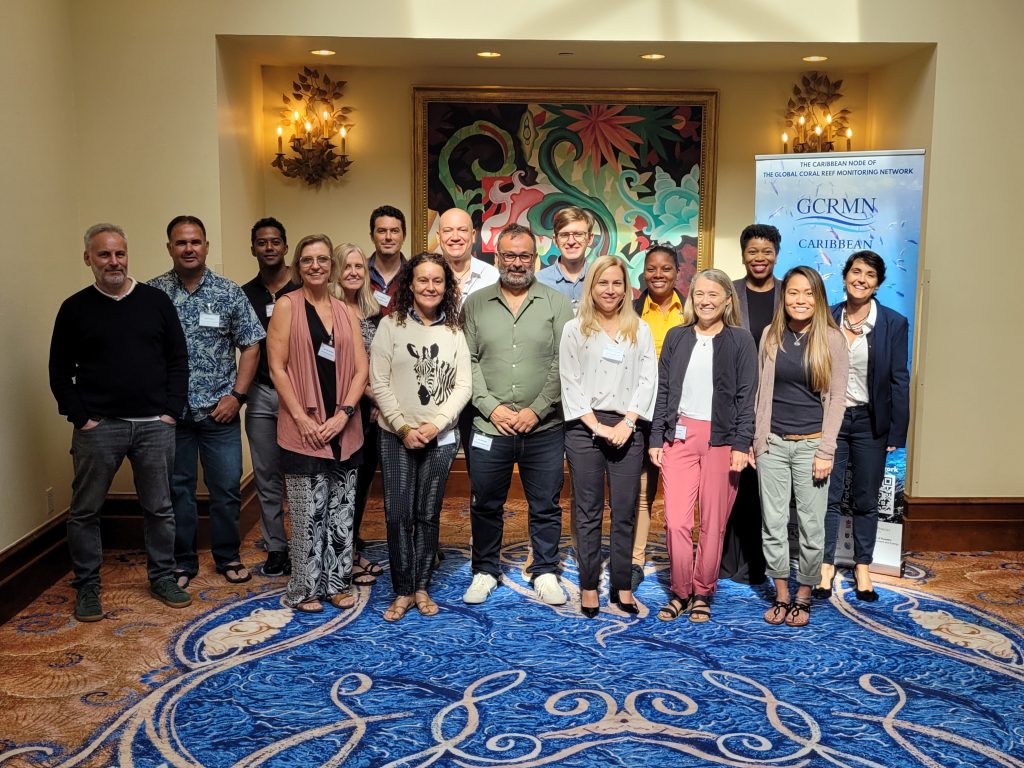
The GCRMN-Caribbean Steering Committee was defined by three core objectives:
- To reinvigorate and strengthen collaboration between the Steering Committee members of the GCRMN-Caribbean node, as its members had not been convened in-person since the previous meeting in Bonaire, 2020.
- To advance the implementation of the GCRMN-Caribbean workplan with the support of the node’s working groups dedicated to data management, capacity building, communication, and fundraising.
- To develop a framework and a timeline to produce the next GCRMN Caribbean report (2024/2025) and support the production of the next global report (2025/2026).
During the meeting, participants agreed on the main components to produce the next GCRMN Caribbean report, including its objectives, target audience, format, content, process, timeline, and funding opportunities. A consensus was reached to produce a quantitative, clear, collaborative, and impactful GCRMN Caribbean report with a core focus on the status and trends of key biophysical and socioeconomic coral reef indicators within the region. The report will also propose strategies to manage and reduce threats and stressors to improve reef condition and support sustainable communities.
Participants reviewed the different datasets and indicators collected throughout the region to be considered for the production of the GCRMN Caribbean report and discussed their respective integration. In addition to the two indicators (live hard coral and algae cover) reported in the “Status of Coral Reefs of the World: 2020” report, additional biological indicators were proposed for inclusion, such as coral recruitment, coral health condition, coral spawning, abundance of urchins, and fish abundance and biomass.
Through a close collaboration with Global Socioeconomic Monitoring Initiative for Coastal Management (SocMon), the Steering Committee also noted the value of integrating socio-economic indicators within the next GCRMN Caribbean report such as perceptions of reef condition and threats, ecosystem services, livelihoods, and demography.
The Steering Committee also explored ways to improve and optimise coral reef monitoring capacity-sharing efforts (biophysical and socio-economic) within the Caribbean network, based on a needs assessment and any identified gaps, supported by two possible regional workshops in 2024.
Finally, centring around the identification of funding opportunities, the Steering Committee members discussed possible means to finance the sustainable coordination of the Caribbean node, as well as technical activities for the network, including the production of future GCRMN reports.
The GCRMN-Caribbean Steering Committee meeting was made possible thanks to the funding of the United Nations Environment Programme for the Caribbean, the Government Offices of Sweden, and the Principality of Monaco.
